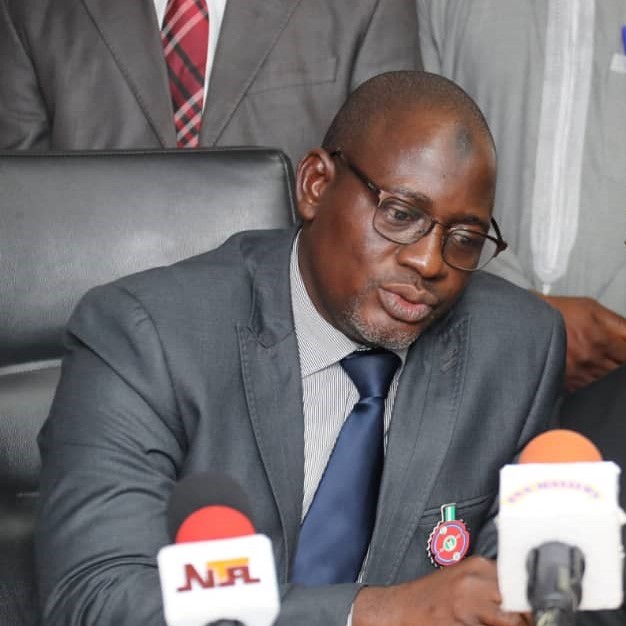FIRS Digital Taxation: Redefining Revenue Collection in Nigeria
By Kabir Abdulsalam
TECHDIGEST – Over the last few years, concerns have been raised by stakeholders that the existing international tax system does not properly capture or take into consideration the digitalization of business transactions. Undoubtedly, the world economies are quickly moving from physical assets to digital ones. Online transactions, e-commerce, cryptocurrencies, and now digital taxation.
Some months ago, the federal government in Nigeria disclosed that it would charge offshore companies providing digital services to local customers in Nigeria, saying a six percent tax on turnover would be charged as provided in the 2021 Finance Act.
The Nigerian Investment Promotion Commission (NIPC) had stressed that the Nigerian digital economy was expected to generate $88 billion and create three million new jobs by the end of 2021.
Nigerians spend more money online and via mobile transactions than ever before. That has shifted business emphasis to digital sources of revenue and digital channels. The growth of the digital economy has drawn the attention of state authorities to digital products and services. In particular, numerous controversies have arisen regarding tax regulations.
For the Federal Inland Revenue Service (FIRS), its mandate is to increase tax revenue collection at the national level which is currently one of the lowest in the world in terms of tax to GDP ratio. Hence, the leadership is expected to introduce reforms that will make the tax system more efficient and more result-oriented.
The FIRS Executive Chairman, Muhammad Nami, a thorough-bred tax, Accounting & Management professional, has announced a target of 100 per cent automation of tax administration processes before the end of this year.
Speaking as the Special Guest at the Pedabo 2022 Annual Public Private Sector Engagement, Nami noted that by virtue of the amendment to Section 25 of the FIRS (Establishment) Act in the 2021 Finance Act, any person who fails to grant the Service access to its information technology systems to connect to its automated tax administration solution is liable to certain penalties under the law.
He went further to state that in 2022, the Service will give priority to the collection of taxes from the digital economy, and that it will deploy technological tools in assessing entities that fall within the Significant Economic Presence (SEP) threshold and relevant turnover will be generated for Nigeria.
Meanwhile, over the years, FIRS has found it extremely difficult to tax non-resident companies in Nigeria on profits derived from here, the question of whether a foreign company is liable to income tax in Nigeria is often controversial.
Thus, Section 13 of Companies Income Tax Act (CITA) implies that a non-resident company must have physically-situated activities in Nigeria, directly or indirectly, before such a company can be liable to income tax in Nigeria.
In his statement, the FIRS boss noted that
“With the amendment of Section 10 of the VAT Act by the Finance Act 2021, we will implement the published Guidelines on the Simplified Compliance Regime on VAT for Non-Resident Suppliers, to collect VAT on digital supply of services and intangibles to Nigeria.
“The Service has deployed a digital service interface, the Digital Economic Compliance (DEC) Tool, to facilitate the implementation of the regime.
“The implementation of the DEC Tools will also assist the Service in determining entities that fall within the SEP threshold and relevant turnover generated from Nigeria. This tool will go live shortly,” he said.
















